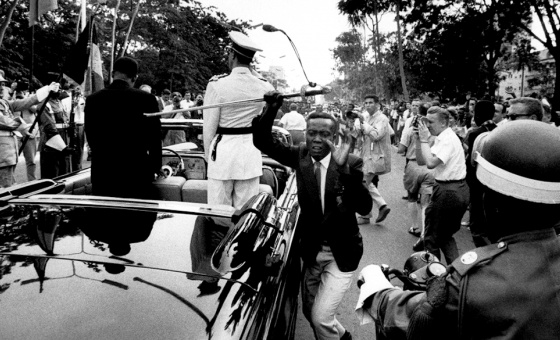This is the last article you can read this month
You can read more article this month
You can read more articles this month
Sorry your limit is up for this month
Reset on:
Please help support the Morning Star by subscribing here
MORNING STAR readers in Glasgow asked today why there is always money for war as public services face hundreds of millions in spending cuts and millions languish in poverty.
The Star’s spring conference once again packed out the STUC headquarters in Bridgeton, Glasgow, where discussions in three sessions ranged from the crisis in public spending itself and visions for future public ownership to the rise in bellicose rhetoric and military spending.
The conference was opened by STUC president Mike Arnott before immediately plunging into the challenges faced by workers in health and social care, a sector in disarray.
In what became a running theme of the conference, a crisis of democratic oversight was noted, not only as a result of decades of outsourcing of NHS and care services but also in the structure of Scotland’s Integrated Joint Boards tasked with overseeing primary health and social care across the country.
Session chairwoman Stephanie Martin of Unison told the conference that “£4,000 a year per bed is taken out in private profit” from Scotland’s health and social care sector.
She told the room that building camaraderie was essential in order to take back control of public services.
Conference then looked at ideas to reverse the decades-long march of the profiteering private sector into the public realm.
Ellie Harrison of Get Glasgow Moving spoke of the success in building a campaign for the re-regulation of Strathclyde’s buses as a first step to public ownership, while former MSP Frances Curran outlined a vision for a reinvigorated democracy with a “power to the people Bill” to build grassroots democracy, and an end to sectarianism on the left to deliver it.
Focusing on the rising war economy, the final session heard from economist Prem Sikka, who pointed out that the government had committed £12 billion to the war in Ukraine while 4.3 million children remain in poverty.
James Sandham of Time to Divest Lothian told of the battle to force Lothian Pension Fund to cut its ties with the arms trade, and Stop the War Scotland’s Jonathan Shafi outlined what session chairman Coll McCail called the “onward march of imperialism on all fronts,” saying: “There are some MPs out there advocating for ramping up investment in the arms trade.
“Sometimes you have policies without movements — well we are an anti-war movement that needs a united policy to overcome that.”











